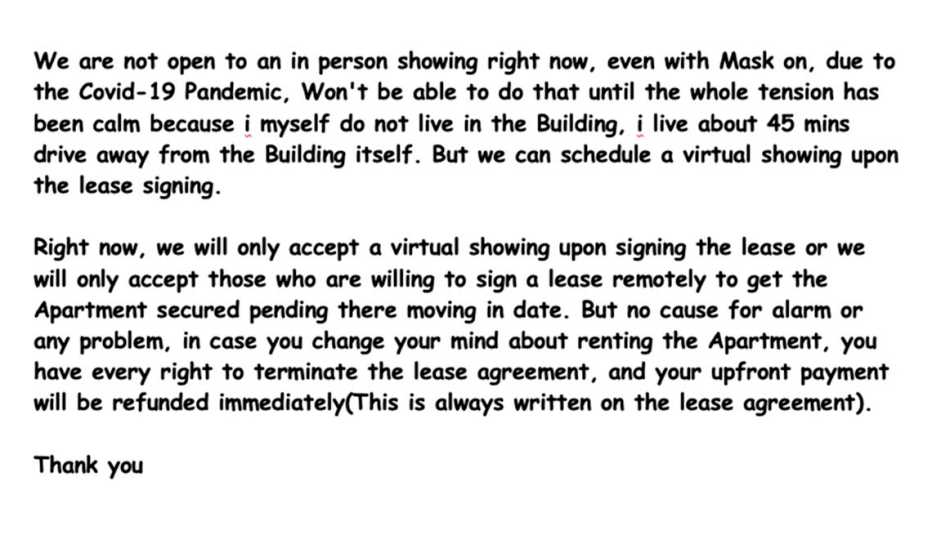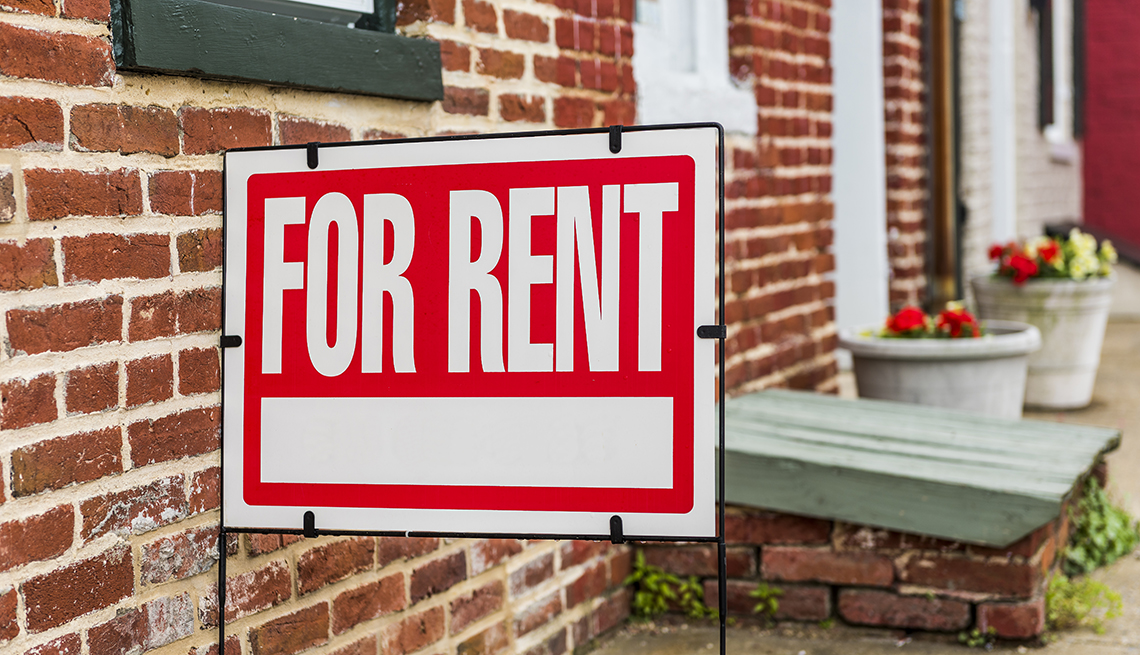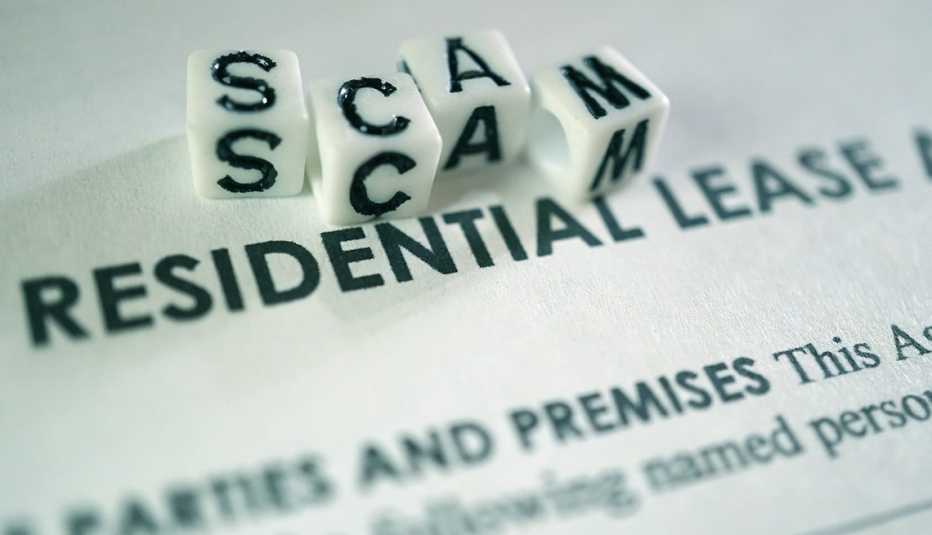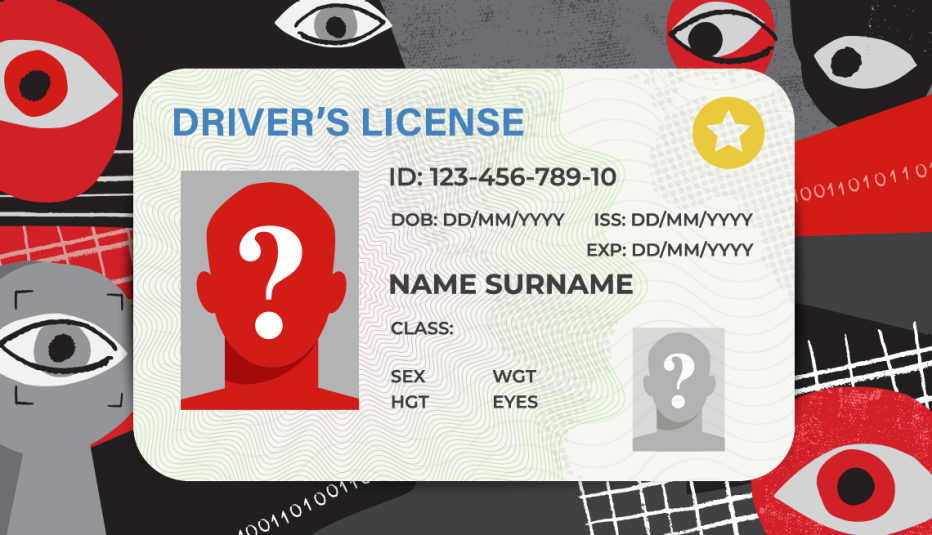Staying Fit
The scam starts with a “hijacked” ad for a rental apartment. A criminal steals an authentic listing and changes the contact information to his. Or creates a “phantom” listing for an apartment or condo that doesn't even exist. With attractive photos, enticing amenities and below-market rental rates, the ads are clickbait for people searching for a place to live.
A 53-year-old property owner in Pennsylvania got an education on rental scams the hard way.

A bad actor co-opted an Airbnb ad for the two-bedroom Philadelphia apartment the owner had on offer. The crook even rented the place briefly. But before he collected the keys, he copied the digital photos of the unit and advertised on another platform, looking for someone to sublet one of the bedrooms for a year, says the apartment's owner, George Ryzinsky, president of DAN Housing in Southampton, Pennsylvania.
Three people took the bait, gave the crook a total of $1,300 in advance to secure the space, and on the same day — when all three showed up — were left with no place to stay, the owner says.
'Spanked’ by scammer
"We got spanked so bad on that case,” Ryzinsky tells AARP. He says he felt so sorry for the out-of-luck tenants that he put them up in a three-bedroom unit that he owns elsewhere and gave them a month's free rent. Since then he has taken the jinxed unit off Airbnb and changed its locks.
Sham listings — and stolen ones — are a coast-to-coast scourge, by no means restricted to major cities with tight rental markets, news accounts show. Yet it's unclear how widespread the problem is.
What a rental scam message looks like
Apartments.com, a leading site for rental listings, provided this actual email to AARP. It’s rife with red flags, including multiple grammar and punctuation mistakes that are possible indicators fraud.
Note: The sender won’t meet the perspective tenant in person — and offers a virtual showing of the rental unit only after a lease is signed.


In 2021 the FBI's Internet Crime Complaint Center (IC3) took in 11,578 reports on real estate/rental crimes, with victims losing $350.3 million — a whopping 64 percent more than in the previous year. But the bureau does not break out the figures for rental-listing scams alone.
These cases are not always one-offs. One operation based in Southern California defrauded more than 130,000 would-be renters and homebuyers across the country out of more than $25 million from 2009 to 2016, according to the Department of Justice (DOJ). The ringleader was sentenced in 2019 to a seven-year prison term.









































































